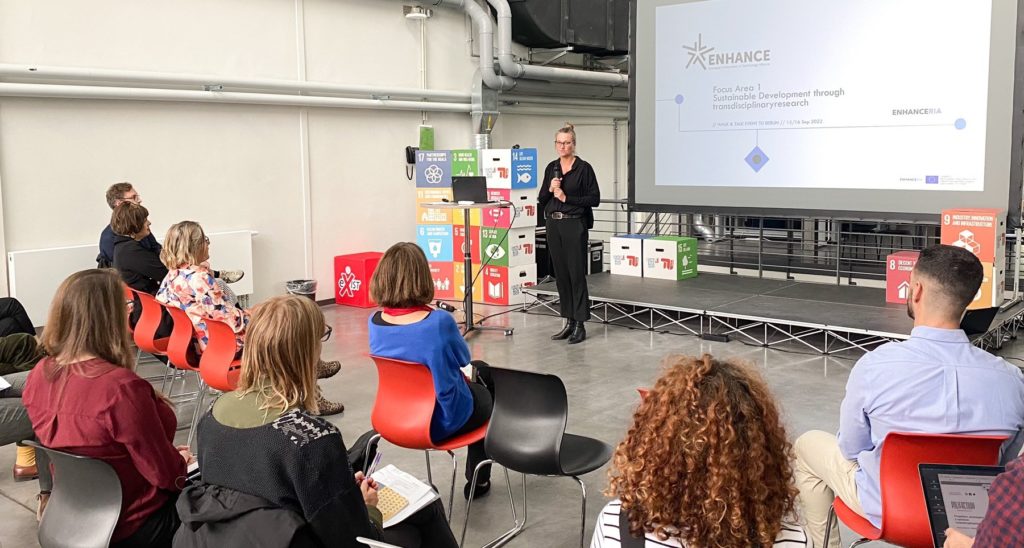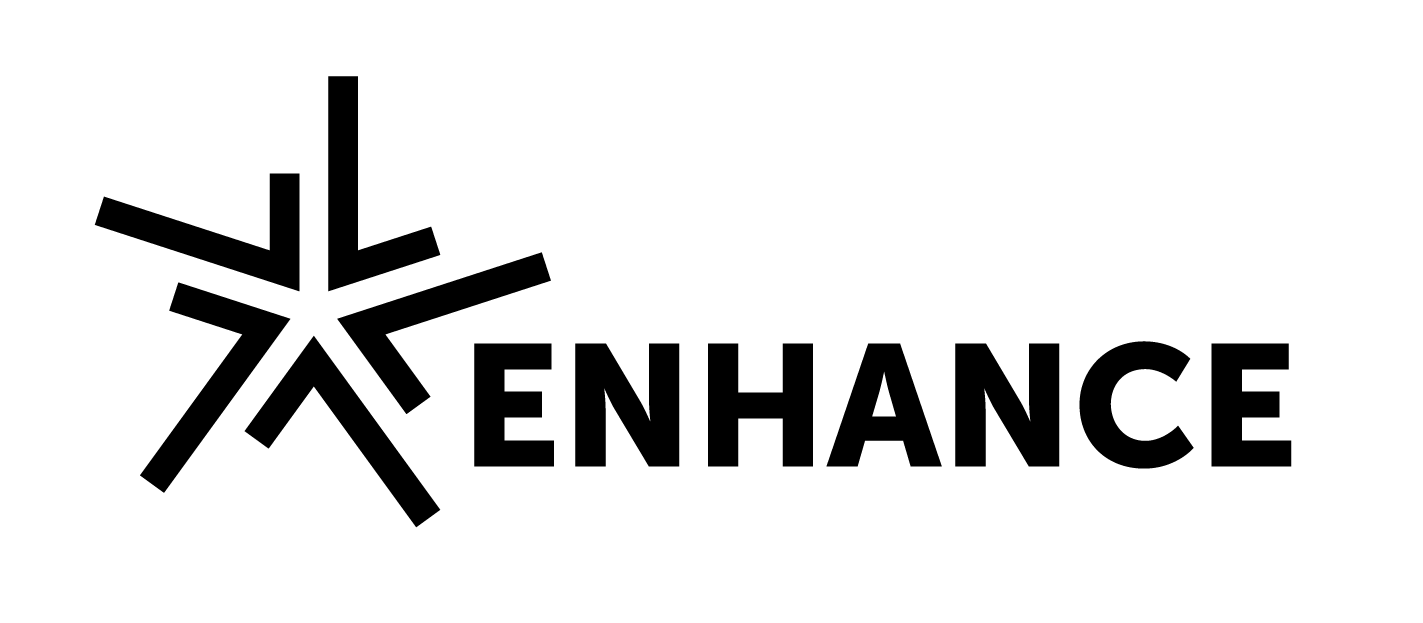About us
Universities address sustainability through their core missions: education, research and innovation. As an Alliance of technical universities, the ENHANCE partners have extensive experience in collaborating closely across sectors on challenges with high industrial and societal relevance. However, there are big differences when it comes to collaborative approaches, methods and structures both within the universities and across institutions in different sectors with respect to working on common challenges. The SDGs, the coming Missions in Horizon Europe, and the digital and green transitions require universities to work differently and collaborate more closely with the public sector, governments and citizens in addition to the private sector. Connected to the UN SDGs, multiple socially relevant impact factors will be taken into account in future research engaging a broad network of stakeholders. This implies a stronger integration of social actors but also of non-scientific knowledge into research. In order to anchor transdisciplinary research, best practices will be identified as means to increase the interest in such research initiatives. In ENHANCERIA we will explore the approaches, models, structures and practices the different universities pursue in addressing sustainability, in particular related to transdisciplinary research. This will result in a better understanding, a platform for transdisciplinary research, and recommendations on how technical universities can work with sustainability and sustainable development in this context Among the other important aspects that are also expected to be addressed through this focus area are open science practices, responsible research and innovation (RRI), organization and facilitation of support services, new needs for skills and mindset, assessment and recognition frameworks for employees, and research and innovation infrastructures.
Deliverables
- Sample of institutional supporting structures and case studies
- Comparison and Analysis of Transdisciplinary approaches at ENHANCE partner universities
- Catalogue of joint advice for supporting transdisciplinary research
- Publication on lessons learned from transdisciplinary research in ENHANCE (Abstract)
- Publication on lessons learned from transdisciplinary research in ENHANCE (Full publication)
- Recommendations for piloting a new transformation toolbox for European institutions
- Draft measures to establish an ENHANCE platform on transdisciplinary research
- Practice-based menu of pathways for university strategists, educators and researchers
- Publication on technical universities approaches towards sustainability (Executive Summary)
Contact Person
Kathrin Wieck: kathrin.wieck@tu-berlin.de

Objectives
The main aim of this work package is to develop a menu of pathways for universities to better address sustainable development through transdisciplinary research. This will be embedded in the transformation agenda of ENHANCE and will potentially benefit research, innovation and education practices at the universities. This is oriented to two main activity areas: structures, strategies, approaches and initiatives related to transdisciplinary research (1) and related to sustainable development (2). The specific objective are to:
Objective 1
Mainstream, optimize and provide structures for institutionalizing the knowledge exchange between science and society by addressing structures, strategies and study cases/pilots within the alliance
Objective 2
Promote and enhance the international knowledge exchange between science and society within the alliance
Objective 3
Foster a common understanding of the relevance and to encourage the transdisciplinary approaches of the ENHANCE universities as a way of solving wicked problems for a sustainable development, including challenges and bottlenecks.
Tasks
Task 1
Analyze and categorize transdisciplinary approaches including structures, strategies, study cases and terminology used for different transdisciplinary approaches. This task will investigate and explore how the ENHANCE universities provide institutional supporting structures, integrating bottom-up activities and top-down strategies for integrative knowledge production of science with society within the alliance. It also includes an analysis of good practices of cooperation models, methods and formats of citizen involvement and knowledge exchange between science and society across the different institutions. The task also includes exchange activity to compare and categorize the different structures, strategies, terminology and practices mapped in WP2, and include a joint workshop and a report summarizing the findings from the task.
Task 2
Development of a framework for transdisciplinary research processes and integrated knowledge exchange between science and society. The results of task 3 will be used to develop methods and formats of enabling, supporting and fostering transdisciplinary research at the ENHANCE universities. This will be supplemented by TUB’s expertise for building institutionalized structures like setting up a staff unit and integration experts, the ongoing testing and development of transdisciplinary formats or the establishment of a broad-based transfer strategy. The content of this task includes the development of strategic pathways for supporting structures and strategies for conducting, providing and supporting international transdisciplinary research in the ENHANCE. A building block of the format development is also the refining of methods for the evaluation of transdisciplinary methodologies, fostering cooperation models between science and society
Task 3
Explore approaches to sustainability. This task will explore how universities and different actor groups within universities understand and enact the concept of sustainability, seeking to understand institutional, epistemic and practical barriers and enablers, as well as understanding how universities weigh central dilemmas and trade-offs of sustainability goals. The task will produce a practice-based ‘menu’ which highlights potential strategies and pathways for university actors who make choices with respect toa) university strategies,
b) education and
c) research.
To achieve this, we will conduct a series of targeted case studies across the universities involved, focusing on
a) cases that the involved actors understand as best practice, and
b) cases that are understood as particularly challenging.

This project has received funding from the European Union’s Horizon 2020 research and innovation programme under grant agreement No 101035806
